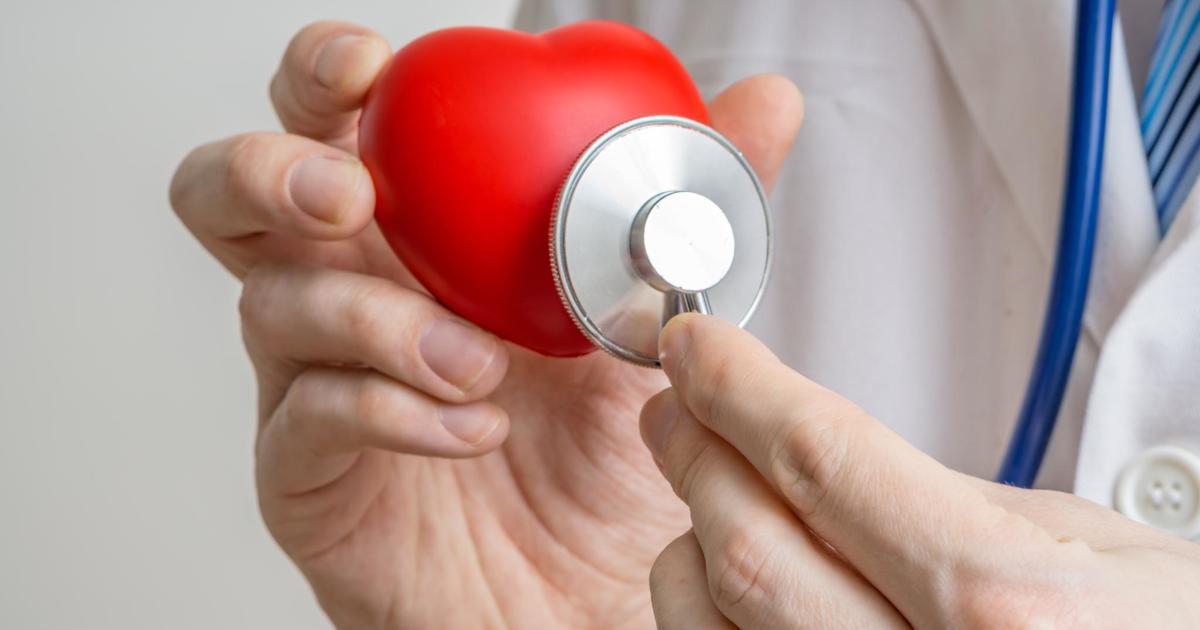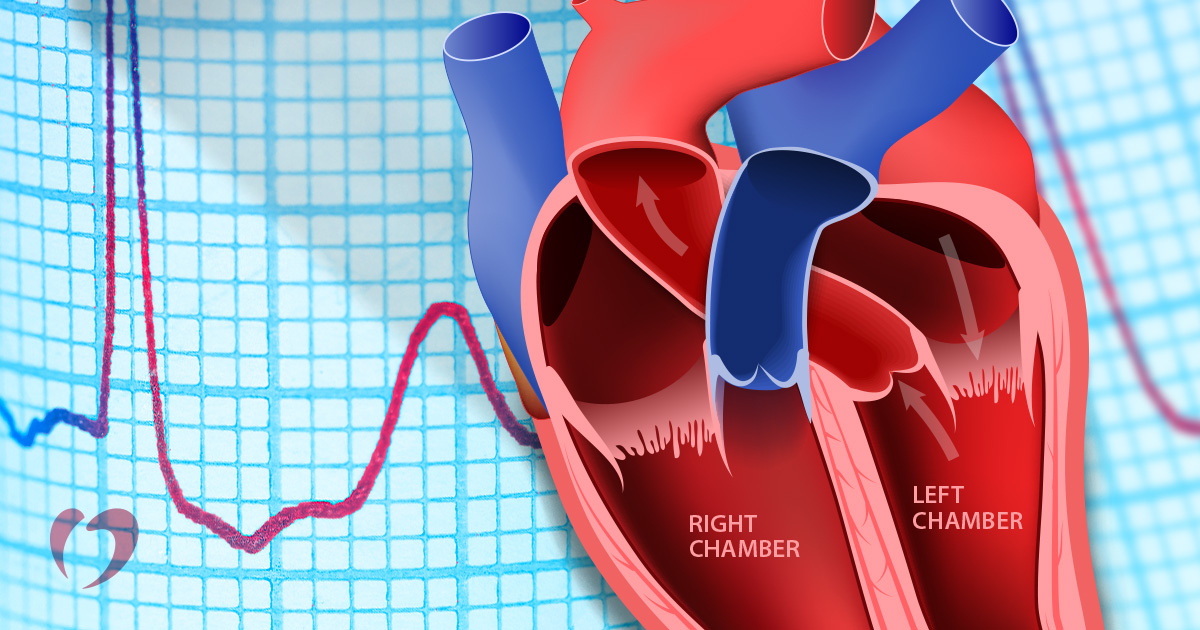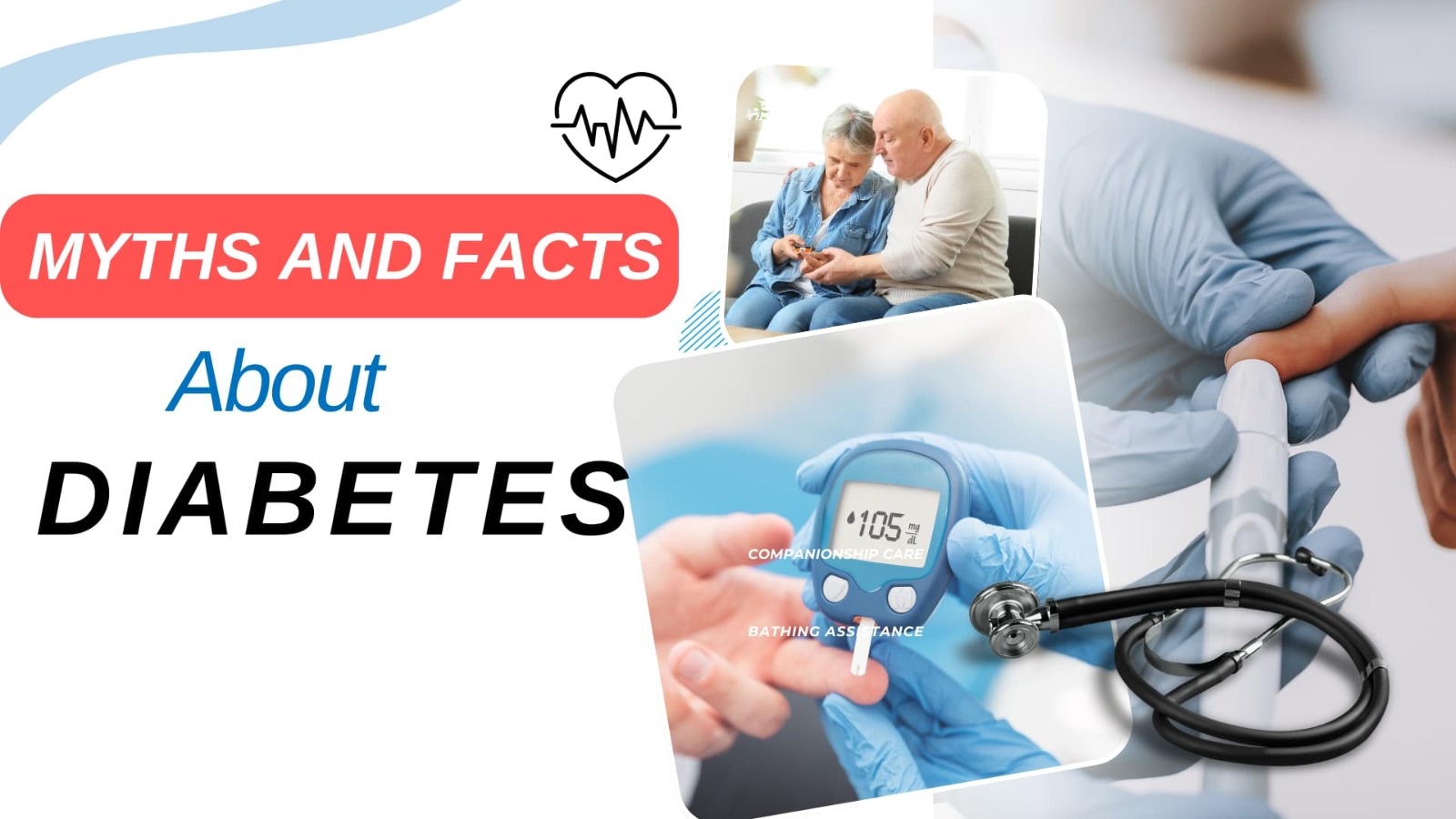What is the definition of heart failure with preserved ejection fraction?
This is a specific type of heart failure. Heart failure is a condition in which the heart fails to adequately pump or fill with blood. As a result, the heart lags in its job of moving blood throughout the body. This can result in symptoms such as swelling, difficulty breathing, and fatigue.
There are two kinds of heart failure:
- The heart is too stiff in heart failure with “Preserved Ejection Fraction”– The heart does not relax and fill with blood normally when it pumps. “Diastolic heart failure” is another name for this type of heart failure.
- The heart is too weak in heart failure with” Reduced Ejection Fraction”– The heart does not normally squeeze when it pumps. This condition is also known as “Systolic Heart Failure.”
- The “Ejection Fraction” (or “EF”) is the amount of blood pumped out by the heart with each heartbeat. People who have “heart failure with preserved ejection fraction” have an EF that is normal (or nearly so).
The other type of heart failure, “heart failure with reduced ejection fraction,” has a lower EF than normal.
What symptoms are associated with heart failure with preserved ejection fraction?
Among the symptoms are:
- Breathing difficulties – At first, people may have difficulty breathing only when they are active. They may also have difficulty breathing at rest or while lying down over time.
- Swelling in the feet, ankles, legs, or belly
- Tiredness
Is a test for heart failure available?
Yes. If your doctor suspects you have heart failure, they will ask about your symptoms, perform an exam, and order the following tests:
- Blood examinations
- Chest X-ray – This test can detect fluid in the lungs. It also depicts the heart’s general shape as well as large blood vessels in the chest.
- Electrocardiogram (also known as a “ECG”) – This test detects electrical activity in the heart.
- Echocardiogram (also known as a “echo”) – This test creates a picture of the heart as it beats using sound waves.
- Stress test – During this test, a doctor records your ECG while you exercise on a treadmill or bike, or while you are given medicine to make your heart beat faster.
- Cardiac catheterization (also known as “Cardiac Cath”) – This test involves inserting a thin tube into a blood vessel in your leg or arm. The tube is then advanced to your heart. They will take blood pressure readings while the tube is in your heart or blood vessels. The doctor may also inject a dye that appears on an X-ray into the tube. This can reveal whether or not any arteries in your heart are narrowed or blocked. This section of the test is known as “coronary angiography.”
What is the treatment for heart failure with preserved ejection fraction?
Typical treatment includes:
- Taking medications – Doctors can treat your heart failure with a variety of medications. The appropriate medications for you will be determined by your symptoms and other medical conditions. This will make you feel better and allow you to perform more daily tasks.
Even if you are feeling well, it is critical that you take your medications on a daily basis
- Treating (if you have) coronary heart disease – The arteries that supply blood to the heart become clogged in coronary heart disease. Medication, a procedure to unclog a clogged artery, or surgery may be used to treat the condition.
What else can I do to protect my heart on my own?
You can do the following to help you feel better and reduce the likelihood of needing to go to the hospital:
- If you feel dizzy or weak, or if you suddenly lose or gain weight, contact your physician .
- As advised by the Best Heart Failure doctors in Delhi – Dr Naresh Goel follow the action plan prescribed by your doctor. An action plan is a set of instructions that outlines what you should do if your symptoms change. To use an action plan, keep a close eye on your symptoms and weigh yourself every day.
- If you are not feeling well or if you suddenly lose or gain weight,
- If you have chest pain or other symptoms of a heart attack,
- Stop smoking
- Lose weight if you are overweight.
- Reduce your alcohol consumption.




